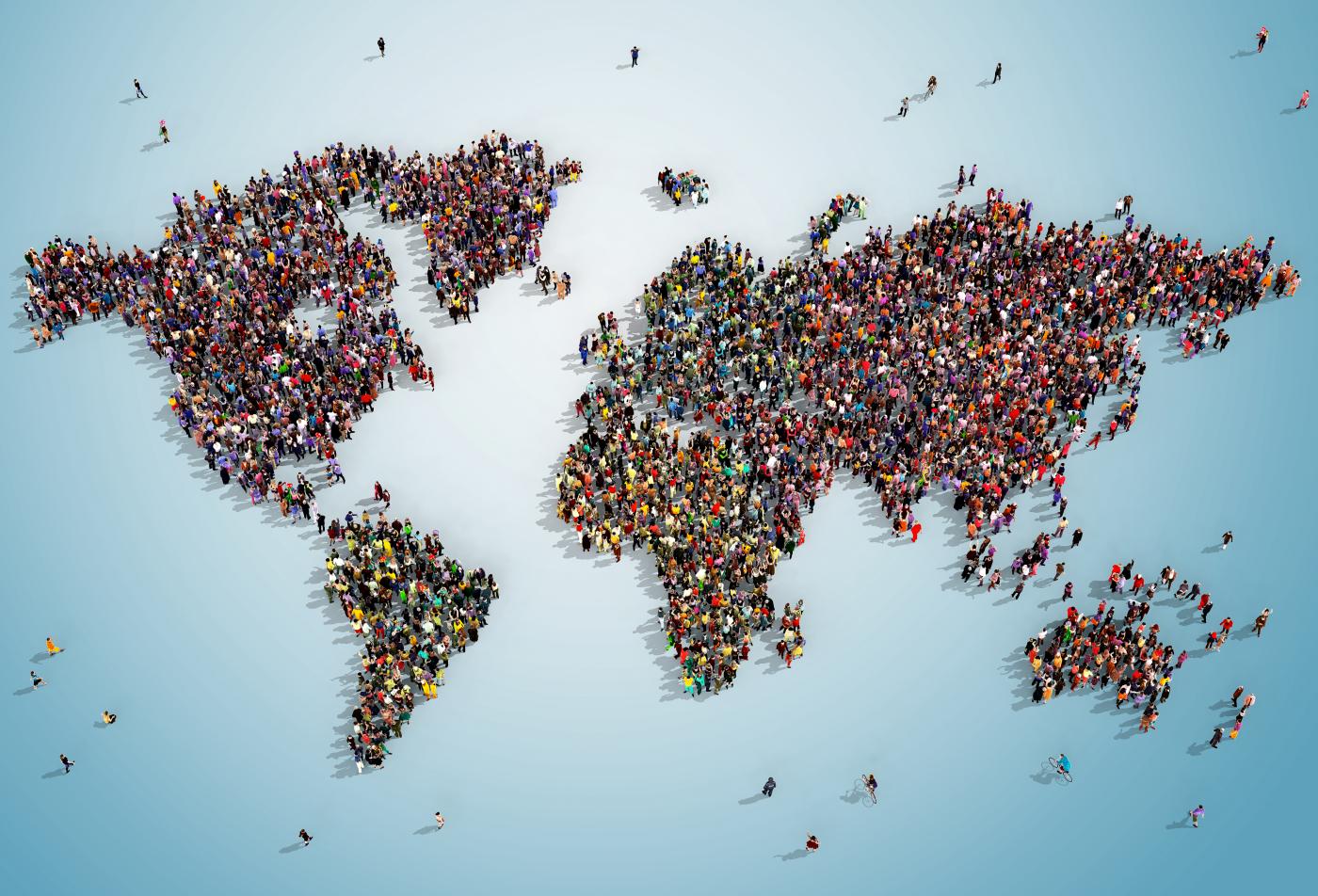New op-ed series
When your home country is in conflict: UU students and employees share experiences

In June 2021, UCU student Valentina Esconjauregui published a blog on DUB about what it felt like to watch nationwide strikes in her home country, Colombia, as an international student in the Netherlands. “What can I do as a student abroad? I watch as my country bleeds out its people who share my age, who study and strive to reform a broken, war-torn country. It has been challenging to find where I may express my frustration and anxiety,” she wrote at the time.
Valentina is far from being the only UU student in such a situation. According to the Centre for Preventive Action, there are 27 areas around the world going through conflicts and confrontations right now. But there are also places facing political instabilities and tensions, such as those with an extremely polarised society, extensive corruption or attacks on democracy. Considering UU counts roughly 5,000 international students and 1,500 international employees, this means you might be sharing a classroom or an office with someone with this type of issue in the back of their mind.
Giving them a voice
To show the diversity of experiences that exists within UU’s community, DUB decided to invite more international students and employees to talk about political tensions or conflicts in their home countries, and how these tensions and conflicts affect their wellbeing, relationships and academic performance. The idea behind this series of op-eds is to give them a voice, a space to talk about what matters to them.
The first op-ed in our series was written by Alice Dribnokhod, a student of English Language & Culture who grew up in Germany but whose parents are from Ukraine. Her piece reveals what it feels like to watch a war unfold in a home country that always felt “more like a concept than a real place”. However, Alice quickly realised that her connection to Ukraine was much deeper than she thought. Meanwhile, she found herself having to answer questions, remarks and even jokes about the war from fellow students. "This is more than just a talking point or a trending topic," she underscores.
On Wednesday, December 7, DUB gives the mic to postdoc researcher Zhinia Noorian, from Iran, who just defended a thesis on the Iranian poet Parvin E’tesami. She will talk about how her research topic suddenly converged with the scenes she was seeing on TV. “Never could I imagine, while preparing for my defence session, that soon lion-hearted Iranian girls and women would be spending weeks on the streets, facing bloody violence for the same demands” one finds in E’tesami’s poetry.
The remaining accounts were written by students from Hungary, Azerbaijan, Georgia, and Sri Lanka. DUB didn’t choose the countries featured. Instead, we issued a call for voluntary contributions. We didn’t tell the contributors what to write about, either. All writers were free to choose the topic and approach they found most appropriate. The only constraint was the number of words.
Feeling inspired to share your thoughts and feelings about conflicts and tensions going on in your home country? You're welcome to submit your own op-ed to DUB. All you have to do is write an e-mail to dubredactie@uu.nl.
Gatherings
“Because the number of international students has grown these past few years, UU is being confronted more often with situations abroad that have an impact on our students”, says Maarten Post, spokesperson for the university. Post explains that there are several instances these students can turn to, such as tutors, study advisors and student psychologists. UU can also help them with visa procedures and provide financial support in case of force majeure events, thanks to the profiling fund.
However, ever since the war in Ukraine broke out, the university has been deploying a new measure: organising meetings for students from the countries involved in the conflicts making news. In April, representatives of the university sat with Ukrainian, Russian and Belarussian students to listen to their concerns. The same happened last month in response to the wave of protests in Iran. “We’ve noticed that these meetings meet a great need for human connection,” says Post.
“For the university, this is an efficient way to provide information for a large group and get a sense of what is at stake. But the most important thing is that, through these meetings, we facilitate people to meet and get to know each other, so they can support each other”. That's why UU intends to continue organising such meetings in the future. The trick is defining when to do so. According to Post, so far, the decision to hold a gathering has been based on the scale of the conflict and the number of students and employees affected by it.
Another way to gather students from countries in conflict or experiencing political tensions is through pop-up lectures, such as the one that happened in March about the formation of the Ukrainian nation-state. Pop-up lectures are also an opportunity for the rest of the UU community to get informed and show their support.